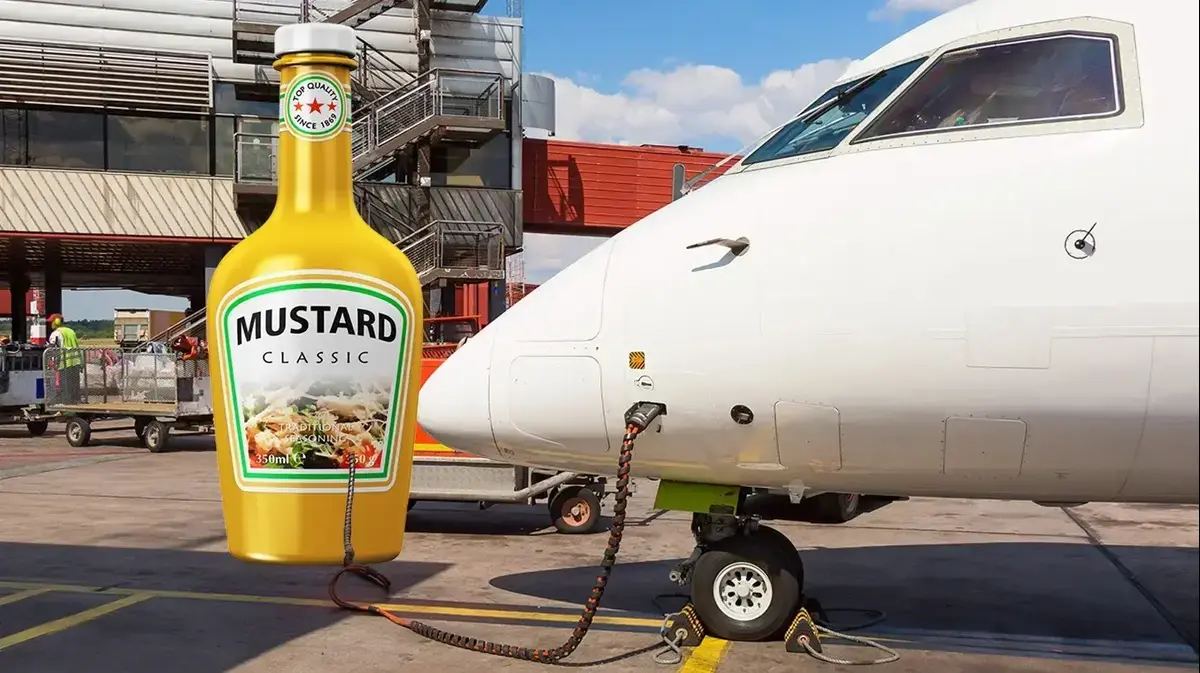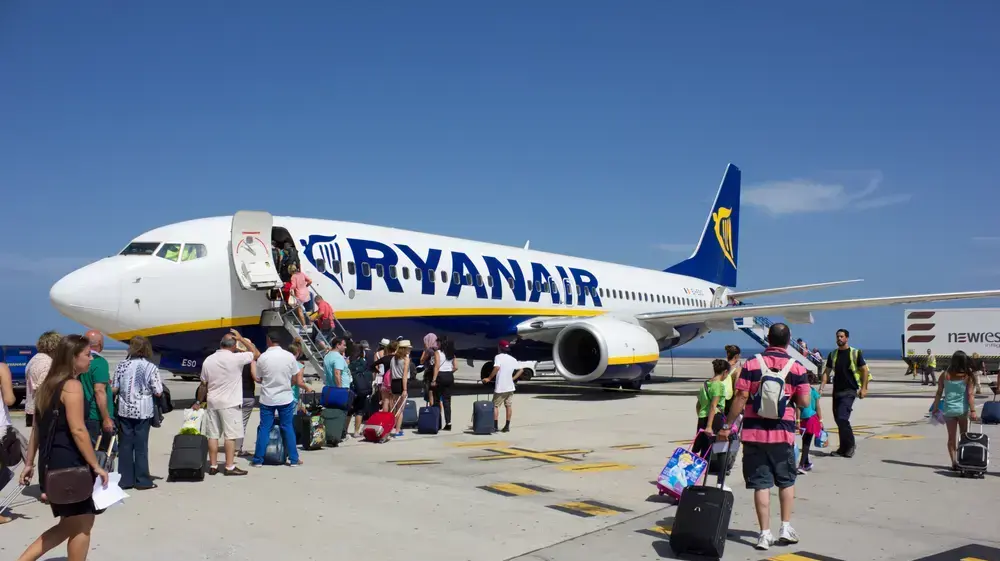Tourism
news
Coming soon: planes that will fly over mustard and reduce pollution by about 70%
A mustard plant of a unique species may be used as aircraft fuel and bring about a real revolution in the field of aviation.
A new study states that mustard fuel reduces carbon emissions by 68 percent
Tags
Flights
Planes
Walla!
Tourism
Tuesday, 26 October 2021, 08:09 Updated: 08:17
Share on Facebook
Share on WhatsApp
Share on general
Share on general
Share on Twitter
Share on Email
0 comments
Observation at the One Vanderbilt building in New York
An airplane door opens on landing
A new island formed in Tonga
Malta Falls in Oregon
Pelicans in an expensive lookout, Hefer Valley
A passenger brought a microphone to the flight and began to preach to the passengers:
The first seal of its kind in the world from the Second Temple period ...
After more than a year: the first group of tourists landed ...
Imaging of an Extreme Park on an oil rig in Saudi Arabia
Al-Manara Hotel in Aqaba, Jordan
Dived with a snorkel on the Carmel coast and discovered the sword of a 900-year-old knight ...
The road to a vacation in Eilat begins with a Corona check: the city ...
Spike S-512 supersonic passenger plane (Photo: Spike Aerospace)
After four years of research, scientists have been able to find a replacement for regular jet fuel, in the form of plant fuel, which may even significantly reduce the harmful environmental impact of the aviation world.
The innovative fuel type produced mustard of the genus
brassica Carinthia
(Brassica Carinata), which belongs to the crucifer family, and is also called "Ethiopian mustard." From the seeds of this plant, which grows in Ethiopia, it is customary to extract oil.
The carinthia plant may reduce carbon dioxide emissions by up to 68 percent. This emerges from a study conducted at the University of Georgia in the United States.
The study, led by scientist Ponet Davydi, claims that this sustainable aviation fuel may change the rules of the game, "and even replace the fuels derived from oil." Sustainable fuel based on this kind of mustard plant can help reduce the carbon footprint of the aviation industry. "While creating economic opportunities," says Davidi,Serves as a professor at the Warnell School of Forestry and Natural Resources in Georgia.
More on Walla!
Flight Shaming: The movement that opposes flights and protects the environment
To the full article
More on Walla!
Flight Shaming: The movement that opposes flights and protects the environment
The greenest cities in the world were chosen;
Where is Tel Aviv ranked?
Seven simple ways to preserve the environment when you fly abroad
Lower back pain - what causes it and how best to treat it?
Will mustard be a substitute for regular jet fuel?
(Photo: ShutterStock, Shutterstock)
Target: Zero carbon emissions in aviation by 2050
Euronews reports that the aviation industry emits 2.5 percent of total carbon dioxide emissions in the U.S., and that it is responsible for 3.5 percent of global warming. Biden, a tax credit for the sustainable use of fuel in the aviation industry.Biden also set a target of a 20 percent reduction in pollutant emissions from the aviation industry by 2030, and the achievement of the "zero carbon emissions" target in aviation by 2050.
For this purpose, a project was also launched for the production of fuels from the said plant.
The SPARC project is funded by about $ 15 million, up to the National Institute of Food and Agriculture of the U.S. Department of Agriculture.
Through this project, the participating researchers have invested about four years of research and locating the appropriate vegetable fuel, as well as in-depth research into the best ways to grow the unique mustard plant in the southeast of the country.
In addition, genetic tests were conducted to examine how to yield the most crop, which will provide the vegetable oil in large quantities.
White mustard.
Relative of the mustard of the genus Bersika Crinta (Photo: Reuven Castro)
“In the southern United States, we are able to grow carinthia as a winter crop, since our winter is not relatively harsh compared to other areas in the country,” Davydi explains.
According to him, since the plant actually produces out of season, it does not compete with other food crops, so there is no need to make compromises.
However, local infrastructure is required to crush the plant seeds and process the oil so that it becomes jet fuel.
"The results we will present will be particularly relevant to the state of Georgia, which is the sixth largest consumer of conventional jet fuel in the United States. Georgia also houses the busiest airport in the world, and operates Delta Airlines, which is considered a global and leading company." .
Davydi concludes that "Carinthia has the potential for a situation where everyone benefits: the economy of our rural communities, the aviation industry, and most importantly: the environment."
Share on Facebook
Share on WhatsApp
Share on general
Share on general
Share on Twitter
Share on Email
0 comments















